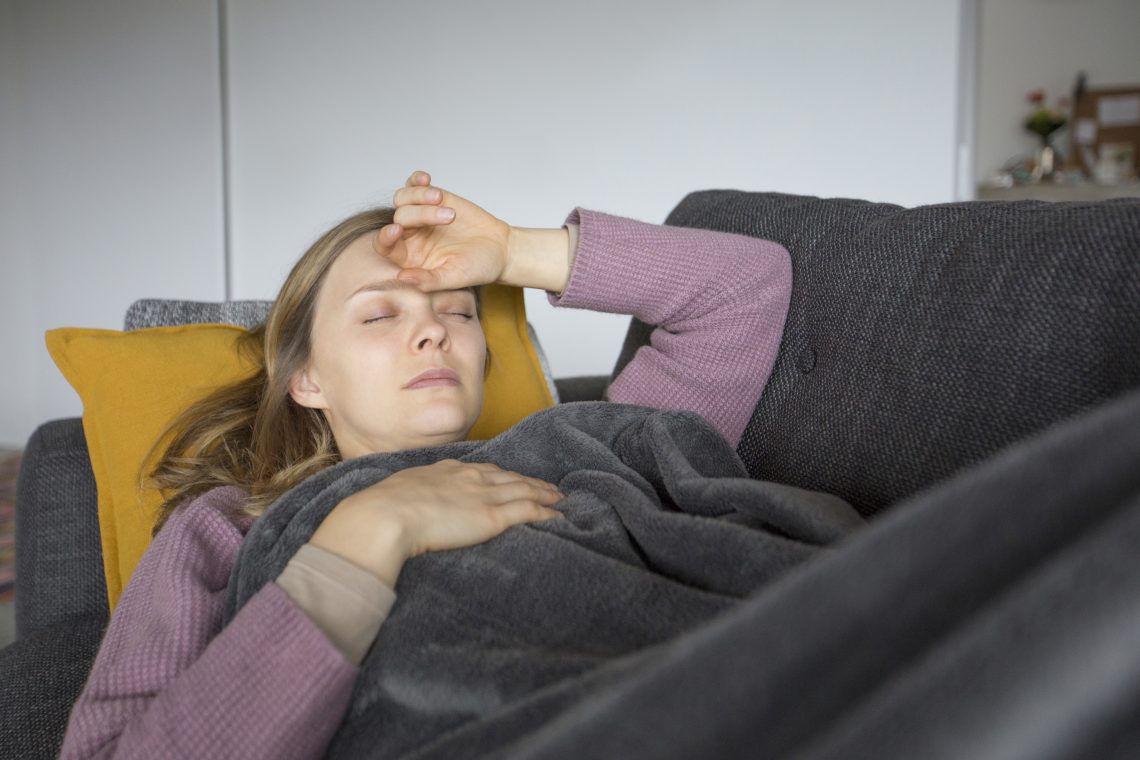Sleep paralysis is a frightening experience that affects millions of people worldwide. It occurs when your mind wakes up, but your body remains temporarily “frozen,” leaving you unable to move or speak. Many people also report sensations of pressure on the chest, difficulty breathing, or even hallucinations. While sleep paralysis itself is not dangerous, the fear it creates can seriously affect your sleep quality and mental well-being.
The good news is that sleep paralysis can be prevented. By understanding the triggers and adopting healthier sleep habits, you can drastically reduce your chances of experiencing it.
In this article, we will explore what causes sleep paralysis, how to prevent it, and the habits you need to build for consistently peaceful sleep.
What Is Sleep Paralysis?
Sleep paralysis is a temporary inability to move or speak while falling asleep (hypnagogic) or waking up (hypnopompic). It happens when the brain becomes conscious before the body exits the REM (Rapid Eye Movement) sleep phase. During REM sleep, the body naturally becomes paralyzed to prevent us from acting out dreams. However, when the brain “wakes up” too early, you may feel trapped in your own body for a few seconds or minutes.
Common symptoms include:
- Being unable to move or speak
- Feeling pressure on the chest
- A sense of fear or panic
- Hallucinations (hearing, seeing, or sensing something)
- Difficulty breathing (perceived, not real)
What Causes Sleep Paralysis?
Several factors can increase the likelihood of sleep paralysis. Some of the most common include:
1. Irregular Sleep Schedule
Going to bed at different times disrupts your sleep cycle and increases REM disturbances.
2. Sleep Deprivation
Lack of sleep makes your brain exhausted and more prone to sleep-wake imbalances.
3. Sleeping on Your Back
Back-sleeping can lead to airway obstruction, making sleep paralysis more likely.
4. Stress and Anxiety
High stress levels can disturb REM sleep and trigger sleep paralysis episodes.
For example, stress can also cause other physical symptoms read more in
👉 Can Stress Cause Neck Pain
5. Poor Sleep Posture
Incorrect neck or spine alignment can disrupt breathing patterns and sleep quality.
You can explore related posture issues in
👉 How to Cure Neck Pain Fast at Home
6. Medical Conditions
Conditions like narcolepsy, insomnia, and sleep apnea increase risk.
How to Avoid Sleep Paralysis: Effective Prevention Tips
Preventing sleep paralysis is mostly about improving your sleep habits and managing stress. Here are the most effective strategies:
1. Maintain a Consistent Sleep Schedule
Try to go to sleep and wake up at the same time every day including weekends. A consistent sleep cycle regulates REM sleep and reduces sudden transitions that cause paralysis.
Aim for 7–9 hours of sleep every night.
2. Create a Relaxing Bedtime Routine
A calming pre-sleep routine trains your brain to wind down. Try:
- Soft music
- Warm shower
- Gentle stretching
- Herbal tea (like chamomile)
- Reading a book
Avoid stimulating activities like scrolling through your phone, watching emotional movies, or doing work right before bed.
3. Avoid Sleeping on Your Back
Most sleep paralysis episodes occur in the supine position (lying on your back). Try switching to side sleeping.
Use a pillow behind your back to prevent yourself from rolling over during the night.
4. Reduce Stress and Anxiety
Stress is one of the strongest triggers of sleep paralysis. Incorporate stress-reducing habits into your daily routine:
- Meditation
- Deep breathing
- Yoga
- Journaling
- Light exercise
Stress also leads to headaches and body tension. If you experience stress-related headaches, also read:
👉 How to Reduce Headache
5. Improve Your Sleep Environment
Your bedroom should promote relaxation not stress.
- Keep your room cool, dark, and quiet.
- Use blackout curtains.
- Choose a comfortable mattress and pillows.
- Reduce clutter to avoid mental distraction.
Even poor neck support at night can cause restlessness.
6. Limit Screen Time Before Bed
The blue light from phones and laptops interferes with melatonin the hormone that regulates sleep. Avoid screens at least 1 hour before bedtime.
If you must use a device, enable blue-light filters.
7. Avoid Heavy Meals, Caffeine & Alcohol at Night
Caffeine stays in your system for up to 8 hours, which can disrupt deep sleep. Heavy meals and alcohol also disturb REM cycles and increase the risk of sleep paralysis.
Try to stop consuming them after late afternoon.
8. Exercise Regularly (But Not Before Bed)
Exercise improves sleep quality and reduces stress both important for preventing sleep paralysis. But avoid exercising right before bedtime, as it increases alertness.
Activities like yoga, walking, or gentle stretching are especially helpful.
9. Treat Underlying Sleep Issues
If you have insomnia, chronic headaches, or sleep apnea, treating the root cause can significantly reduce sleep paralysis episodes.
For example, frequent headaches before sleep may signal muscle tension or nerve irritation. This guide can help:
👉 How to Reduce Migraine Headache
10. Seek Medical Help If Episodes Are Frequent
If sleep paralysis happens more than once a week or disrupts your mental well-being, consult a neurologist or a sleep specialist. Treatment may include:
- CBT therapy
- Sleep medication
- Lifestyle changes
- Managing narcolepsy or sleep disorders
Final Thoughts
Sleep paralysis is frightening but manageable. By improving your sleep schedule, reducing stress, fixing your posture, and avoiding back-sleeping, you can dramatically lower your chances of experiencing it. Small lifestyle changes can make a big difference in breaking the cycle of sleep paralysis and helping you enjoy restful, uninterrupted sleep.
If you’re dealing with sleep-related pain, headaches, or stress, explore more helpful guides on our blog to support your recovery and overall well-being.






